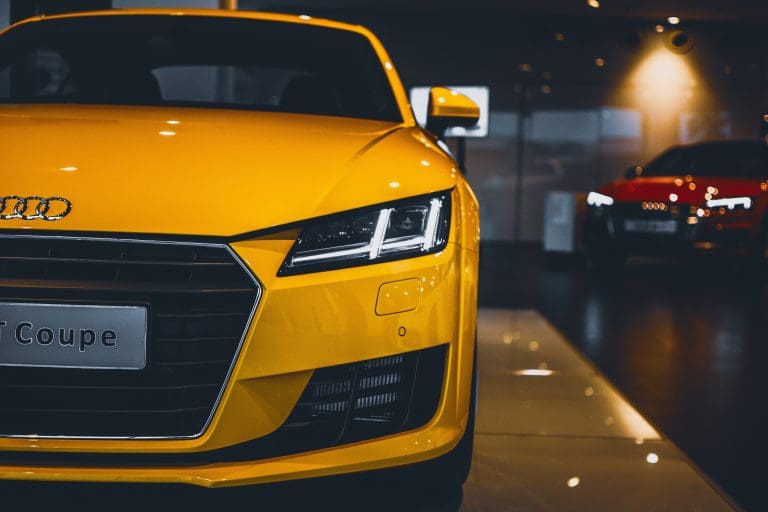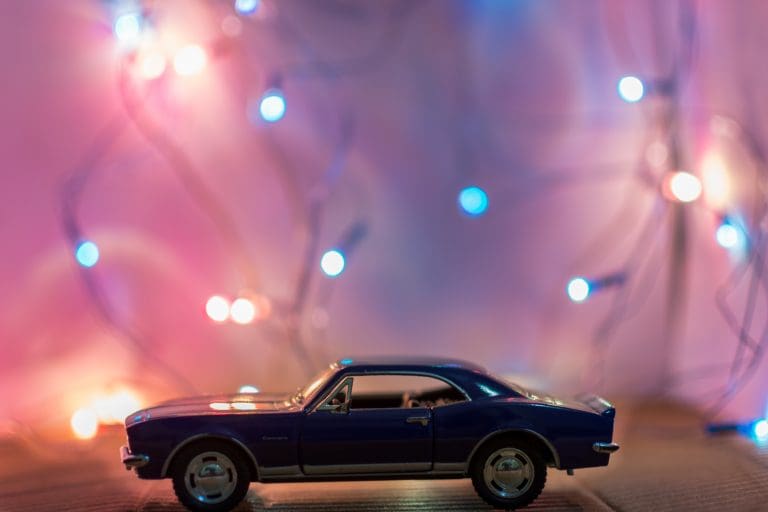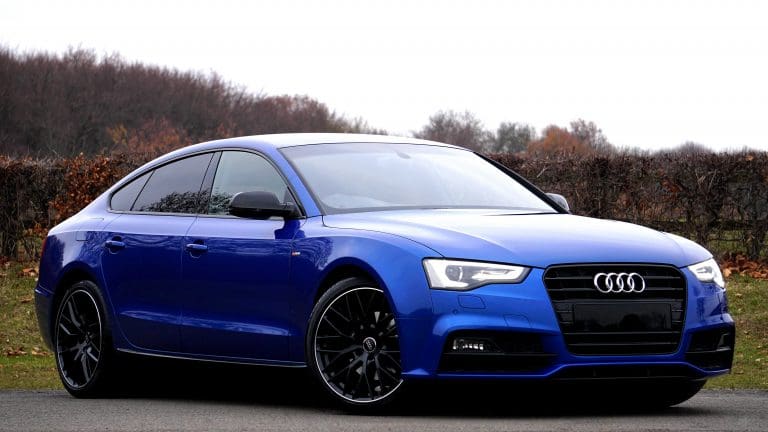You’ve found the perfect car, and you got a great price to boot. Awesome! It’s not time to pat yourself on the back just yet, however. There are still plenty of unforeseen costs many new car buyers may come across not only during the buying process but during the process of vehicle ownership. If you’re looking to save money, then you should keep the following unforeseen expenses in mind and proceed accordingly.
Fees
When buying a car, many buyers forget to factor in the additional fees often tacked on with the purchase. These can include expected costs like sales tax, but can also include items like registration, fuel economy tests, and title fees. Many of these are required by lenders or state laws, but occasionally dealerships will try to tack on additional fees that are not mandatory. Know the laws of your state before you buy and dispute any fees which are not required and you do not want, such as extended warranties.
Insurance Costs
Most car buyers realize they need insurance, but they don’t always realize how much insurance they need. If you are making payments on your vehicle, then you will need more than liability coverage. Most lenders require that you carry full coverage on the vehicle until it’s paid off. This can add hundreds of dollars a year to your policy. If you have a less than stellar driving record or are a new driver, then policies can be even higher. One way you can offset these costs is by shopping for the best auto insurance companies. Shopping around will ensure you get multiple quotes, so you can find the best possible rates.
Audio System Upgradehttps://d-27203601993185760968.ampproject.net/2205270638000/frame.htmlNo matter how expensive a car you get, it’ll only give you an average music experience due to several reasons.
First, the car manufacturers don’t give much attention to the speakers they put – to cut costs. Even if the speakers are of high quality, they’re only made for producing high-end and midrange sound frequencies. You’ll need a dedicated subwoofer for low-end bass frequencies – something that doesn’t come in most factory car audio setups.
On top of this, there’s no dedicated amplifier either. You’ll only have a built-in amp inside the stock head unit that’s unable to get the most out of your speakers.
To be honest, this is not an issue if you’re not a frequent commuter or if you don’t care too much about the quality of music you hear. But it is an important consideration for many because music can essentially make or break your driving experience.
Fortunately, you don’t need to spend a ton of money to be able to listen to high-quality music. A dedicated amplifier and subwoofer will be good enough to get things going, and you can later decide if you need to add other components.
Not so long ago, subwoofers used to come in a bulky form and couldn’t be placed inside a packed vehicle. Nowadays, there are many smaller-sized underseat subwoofers available in the market that you can fit in tight and closed areas. The same is the case with amplifiers. You can find many ‘mini’ amps that can fit in small spaces around your vehicle and are comparatively easier to install than their regular-sized counterparts.
Roadside Assistance
Unless you know how to safely handle vehicle emergencies yourself, then it’s a good idea to get some sort of roadside assistance plan. These usually cost a monthly or annual fee but allow you to call as needed to get the help you need if your car breaks down, you get locked out of the vehicle, or you have a flat tire. Even if you do have the skills to repair these issues yourself, it’s not always practical to do so while keeping safety in mind. You wouldn’t want to get out and change a flat in a bad neighborhood or on the Interstate, for instance. Most roadside assistance programs also offer towing services.
Accidentshttps://d-27203601993185760968.ampproject.net/2205270638000/frame.htmlAutomotive accidents happen to roughly 6 million people every year. Nobody likes to think that it will happen to them, but the truth is that it could. Accidents can present financial challenges in multiple ways, from increase insurance premiums to missed time off work until your vehicle is repaired or you get a rental. The best way to avoid these costs is to avoid an accident in the first place, but it is wise to keep a savings fund set aside from these expenses should the need ever arise.
Car Repairs
Even if you are buying a brand-new car, it will need routine maintenance and occasional repair work. Oil changes, wiper replacements, brake pad replacements, fluid replacements, and other maintenance should be done regularly. Some parts are also bound to wear out over time. You should factor your car maintenance into your monthly expenses to ensure you have enough set aside to get it done at the correct intervals. Failing to keep up with maintenance can cost more over time since your vehicle will wear out much faster.
Property Taxes
In some states, you must pay yearly property taxes on your vehicle just like for your home. The amount will depend on how much your vehicle is worth at the time and will continue to go down as the worth of your vehicle declines through the years. Check with your local DMV or county offices to see if this is an expense you will need to account for.
Depreciation
While most people don’t think of depreciation as an expense, it can be. If you eventually use your vehicle to work toward a down payment on a new car, you may be surprised to find that it’s not worth nearly as much as you expected. A brand-new vehicle depreciates by 10% as soon as it’s driven off the lot, and another 10% by the end of the first year. It will continue to depreciate by around 15% each year thereafter, at least for the first few years. You can offset this expense by choosing a make and model that maintains its value when compared to other vehicles. While all cars will depreciate, some do so much slower than others. You can get a good idea of a vehicle’s current worth, or find out which makes and models retain their values best, on Kelley Blue Book.
Replacement Keys
It’s inevitable that everyone will lose their keys at some point. Sometimes, they’re locked inside the vehicle itself, and a locksmith may be needed to get them out. Other times, however, you may lose your keys for real. When this happens, getting a replacement fob is an expense that may be worth it to take on. New fobs can range from $50 to several hundred dollars or more depending on the type of vehicle you own. Some luxury cars may require up to $1000 to replace the fob. The best way to avoid this expense is to keep up with your keys whenever possible.




